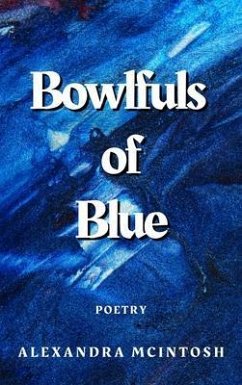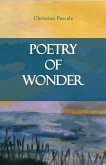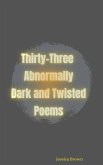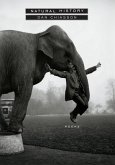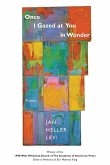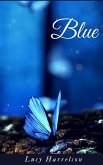A longing for wonder and communion with the natural world can be felt throughout the pages of Alexandra McIntosh's debut poetry collection, Bowlfuls of Blue. McIntosh's work, like that of Wendell Berry, J.R. Tolkien, Mary Oliver, and Annie Dillard, shares a conviction that a writer's sense of place nurtures the humanity and authority of their work. That, ironically, attention to what is at hand lengthens an artist's reach.
While novels and lyrical prose awakened McIntosh's affinity for grounded literature, the poetics of Coleridge, Donne, and Bishop revealed to her poetry's unique power to freshen one's vision of the familiar, particularly Northern Kentucky's Ohio River Valley where she has lived her whole life. This revelation of newness within routine is a frequent return in McIntosh's work, which intersperses religious and mythic references-informed by Christian Mystics including Thomas Merton and Richard Rohr- within a conversational tone. A frequent long-distance backpacker, McIntosh utilizes sweeping syntax and organic free verse to emulate walking long distances; like long conversations with traveling companions, recurring words and refrains mirror the cyclical experience of life in a human body, as well as the nature of the entire cosmos.
The poems in Bowlfuls of Blue survey communities-human, animal, spiritual, botanical, and geographical-to provide an honest meditation on life, one that acknowledges both its beauty and violence, shining "like the glare of the river on a day in August." The reader walks with McIntosh in these pages through dreams, the stories of ancestors, memories of childhood, contemplations on God and humanity, her brother's wedding, and her grandmother's passing. These are poems of life in all its seasons.
Positioning herself among poetic contemporaries like Louis Glück, Maurice Manning, Jorie Graham, Bianca Lynne Spriggs, and Brigit Peegen Kelly, McIntosh's poetry widens and deepens in its conception of physicality, beauty, mysticism, and the sacred.
While novels and lyrical prose awakened McIntosh's affinity for grounded literature, the poetics of Coleridge, Donne, and Bishop revealed to her poetry's unique power to freshen one's vision of the familiar, particularly Northern Kentucky's Ohio River Valley where she has lived her whole life. This revelation of newness within routine is a frequent return in McIntosh's work, which intersperses religious and mythic references-informed by Christian Mystics including Thomas Merton and Richard Rohr- within a conversational tone. A frequent long-distance backpacker, McIntosh utilizes sweeping syntax and organic free verse to emulate walking long distances; like long conversations with traveling companions, recurring words and refrains mirror the cyclical experience of life in a human body, as well as the nature of the entire cosmos.
The poems in Bowlfuls of Blue survey communities-human, animal, spiritual, botanical, and geographical-to provide an honest meditation on life, one that acknowledges both its beauty and violence, shining "like the glare of the river on a day in August." The reader walks with McIntosh in these pages through dreams, the stories of ancestors, memories of childhood, contemplations on God and humanity, her brother's wedding, and her grandmother's passing. These are poems of life in all its seasons.
Positioning herself among poetic contemporaries like Louis Glück, Maurice Manning, Jorie Graham, Bianca Lynne Spriggs, and Brigit Peegen Kelly, McIntosh's poetry widens and deepens in its conception of physicality, beauty, mysticism, and the sacred.
Dieser Download kann aus rechtlichen Gründen nur mit Rechnungsadresse in A, D ausgeliefert werden.

